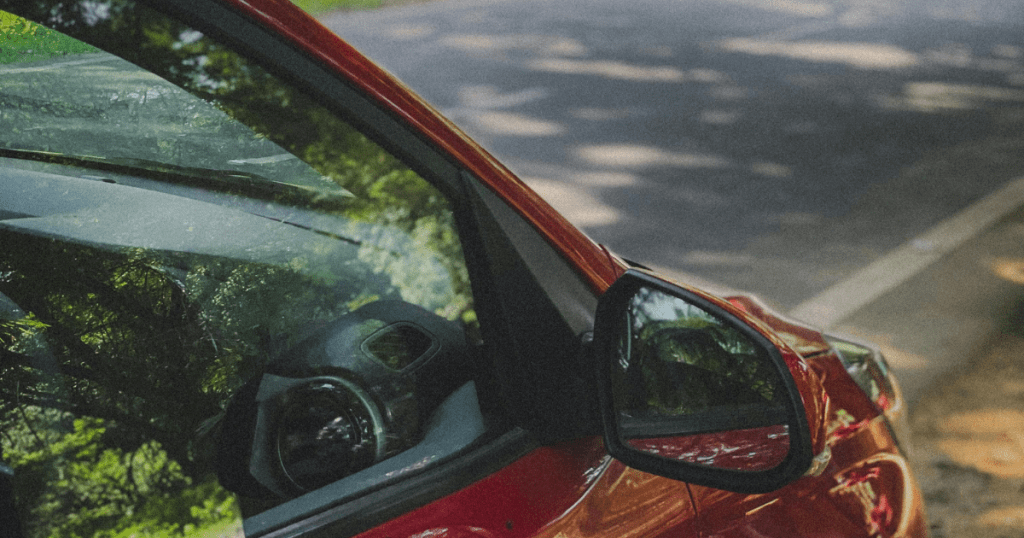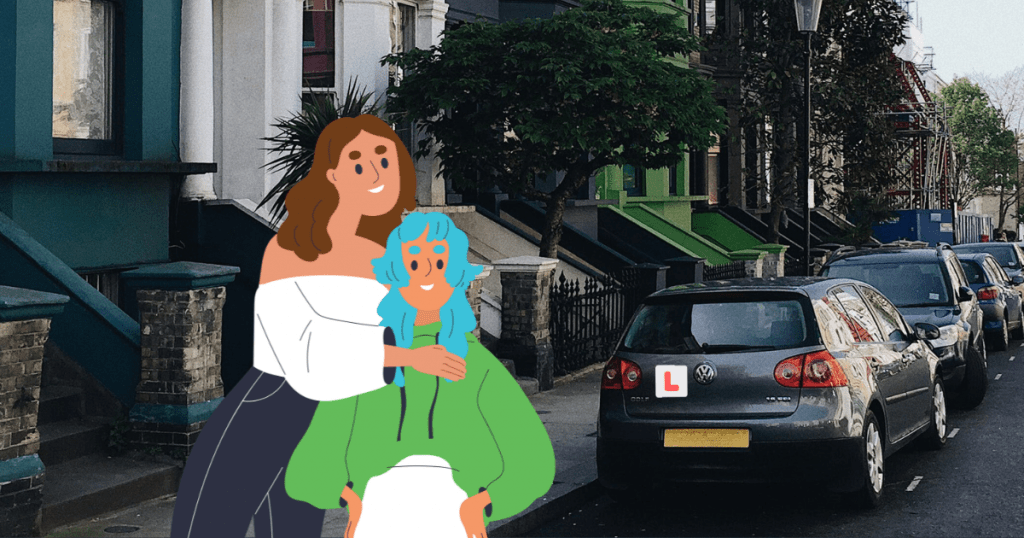Last Updated on March 31, 2025
Learning to drive is a significant milestone in anyone’s life, opening up new opportunities and providing a sense of independence that comes with the freedom to travel on your own terms. The thought of driving on the open road is an exciting prospect, but getting there involves passing a series of important steps. Whether you’re just starting or already taking lessons, there are often large number of questions for learner drivers. This guide will help you navigate the process, covering everything you need to know before and during your journey as a learner driver.
What You Need to Know Before Learning to Drive
Before you even sit behind the wheel, it’s essential to understand that learning to drive is a unique experience for everyone. There isn’t a one-size-fits-all timeline. It all depends on your confidence, ability, and how much practice you can fit in around your other commitments.
In the UK, learning to drive involves both a theory test and a practical test. The theory test isn’t just about memorising road signs; it also requires a solid understanding of road safety, the Highway Code and potential hazards via the hazard perception test as part of the wider driving theory test. Revision for the theory test is crucial, so start preparing well in advance to avoid failing. The practical test is where you’ll be asked to demonstrate your driving skills under the watchful eye of an examiner. This test includes show me tell me questions, driving manoeuvres, and an independent driving section as well.
The process of learning to drive can be daunting, but with dedication and practice, you’ll get there. Remember, there’s no rush – take the time you need to build your skills and confidence.

Key Questions For Learner Drivers
As a learner driver, you’ll likely have plenty of questions. Here are some of the most common queries, along with answers to help you on your way.
1. Question: How do I apply for a provisional driving licence?
Answer: You can apply for a provisional driving licence online through the GOV.UK website or by filling out a D1 application form available at the Post Office. You’ll need to be at least 15 years and 9 months old, though you can’t start driving until your 17th birthday.
2. Question: How many driving lessons will I need before taking the test?
Answer: The number of lessons needed varies from person to person. On average, most learners in the UK take around 45 hours of professional instruction, plus an additional 22 hours of practice with a qualified driver, before they feel ready to take the test.
3. Question: What’s the best way to revise for the theory test?
Answer: Use official DVSA study materials and apps to revise. Make sure you cover both the multiple-choice questions and hazard perception clips. Regular practice is key to success.
4. Question: Can I practise driving with a friend or family member?
Answer: Yes, as long as they’re over 21, have held a full UK driving licence for at least three years, and are insured to supervise you. Remember, you’ll need L-plates on the car.
5. Question: How much does learning to drive cost?
Answer: Costs vary depending on where you live and how many lessons you need. As a rough guide, expect to spend between £1,000 and £1,500 on lessons, tests, and other expenses like the provisional licence and study materials.
6. Question: What should I expect during my first driving lesson?
Answer: Your first lesson will likely be an introduction to the car’s controls and a short drive in a quiet area. Don’t worry about being perfect; the instructor will guide you every step of the way.
7. Question: How do I know if I’m ready to take my driving test?
Answer: You’ll know you’re ready when you consistently drive confidently and safely without needing much input from your instructor. It’s also a good sign if you can handle a variety of road conditions and situations independently. Trust your instructor’s judgment, as they have the experience to assess when you’re fully prepared and ready to take your practical driving test.
8. Question: What happens if I fail my driving test?
Answer: If you fail, you can book another test, but you’ll need to wait at least 10 working days before retaking it. Use the time to address any weaknesses noted by the examiner.
9. Question: Do I need learner driver insurance?
Answer: Yes, learner driver insurance is essential when practising driving under supervision in the car of a family member, a friend or your own car.
10. Question: Can I drive on motorways as a learner driver?
Answer: Learner drivers in the UK can drive on motorways, but only if they are accompanied by an approved driving instructor in a car fitted with dual controls.

11. Question: How do I book my driving test?
Answer: You can book your driving test online through the GOV.UK website once your instructor agrees you’re ready. At the time of writing, waiting times for tests can be lengthy, so book as early as possible.
12. Question: What should I bring to my driving test?
Answer: Bring your provisional licence and your theory test pass certificate. Don’t forget your glasses if you need them for driving.
13. Question: Can I take my test in my own car?
Answer: Yes, but the car must meet certain requirements, such as having L-plates, an additional rear-view mirror for the examiner, and being insured for a driving test.
14. Question: What are ‘show me, tell me’ questions?
Answer: These are questions the examiner will ask you at the start of your test. They cover basic car maintenance and safety checks, like how to check the oil level or ensure the brakes are working.
15. Question: How long is the practical driving test?
Answer: The test lasts around 40 minutes and includes various driving tasks, an independent driving section, and one reversing manoeuvre.
Get a learner driver insurance quote today!
Conclusion
Learning to drive is a journey with its ups and downs, but with the right preparation and mindset, you’ll soon be on the road to success. Start by getting your provisional licence and finding a good driving instructor. Take your time to practise, revise thoroughly for the theory test, and don’t rush the process—everyone learns at their own pace. Whether it’s understanding the costs involved, knowing how to book your test, or ensuring you have the right insurance, being informed will make your experience smoother and less stressful.
Remember, every qualified driver has been in your shoes, asking the same questions. Stay patient, keep practising, and soon enough, you could be joining the ranks of confident drivers on the roads.









